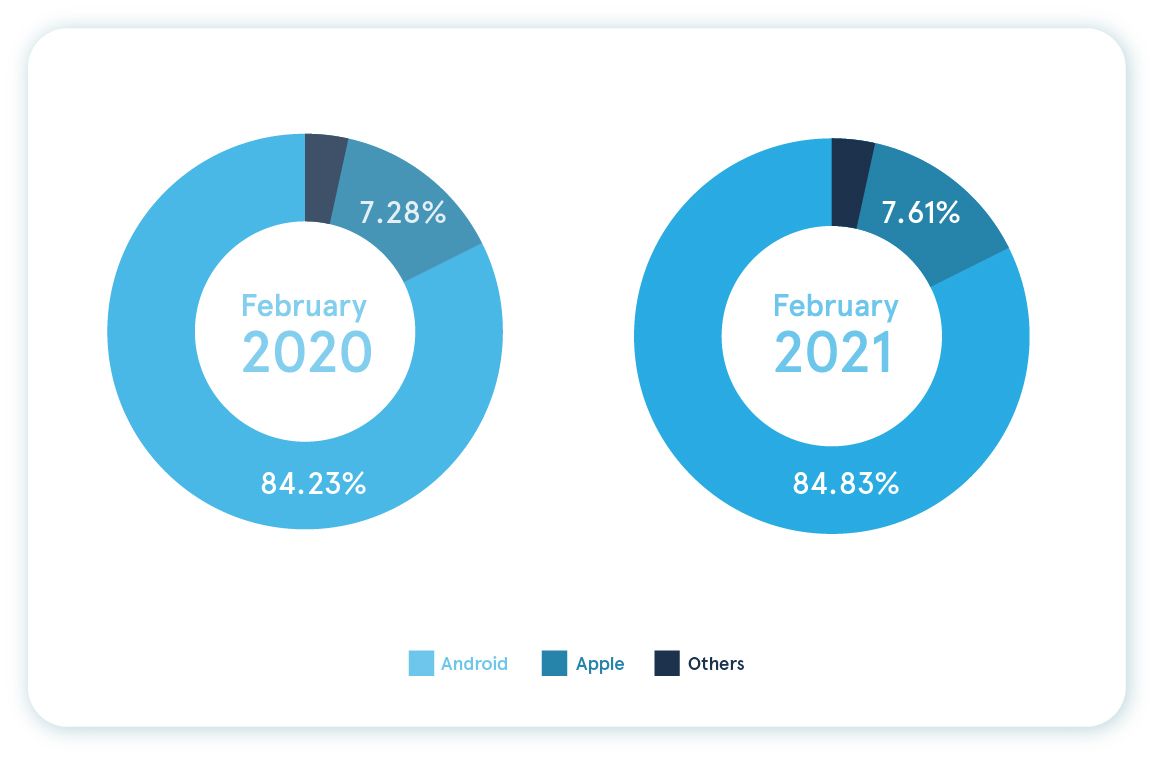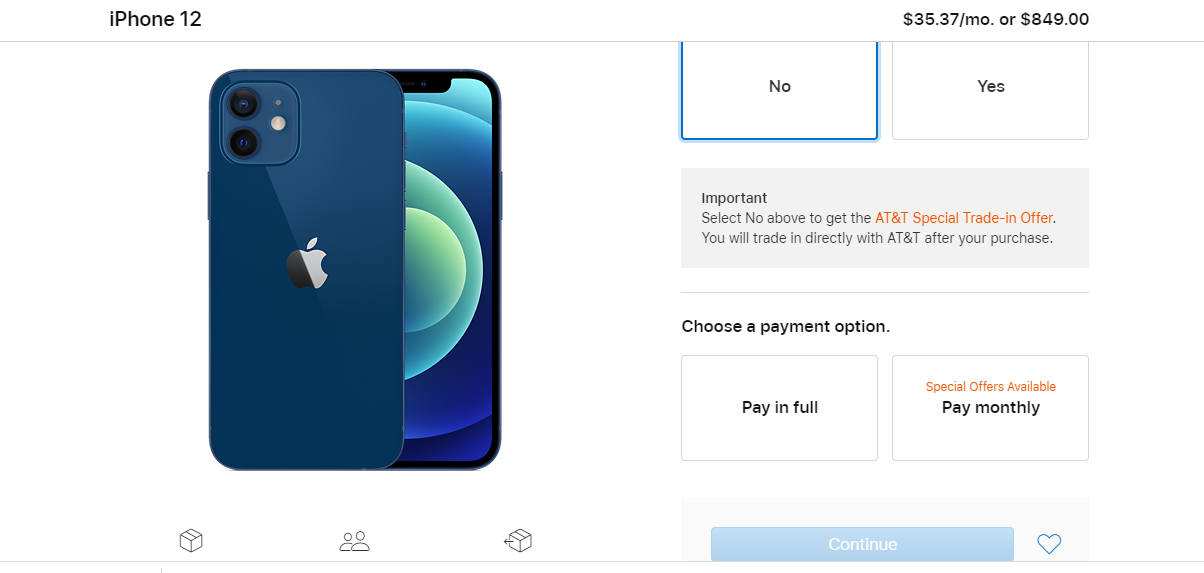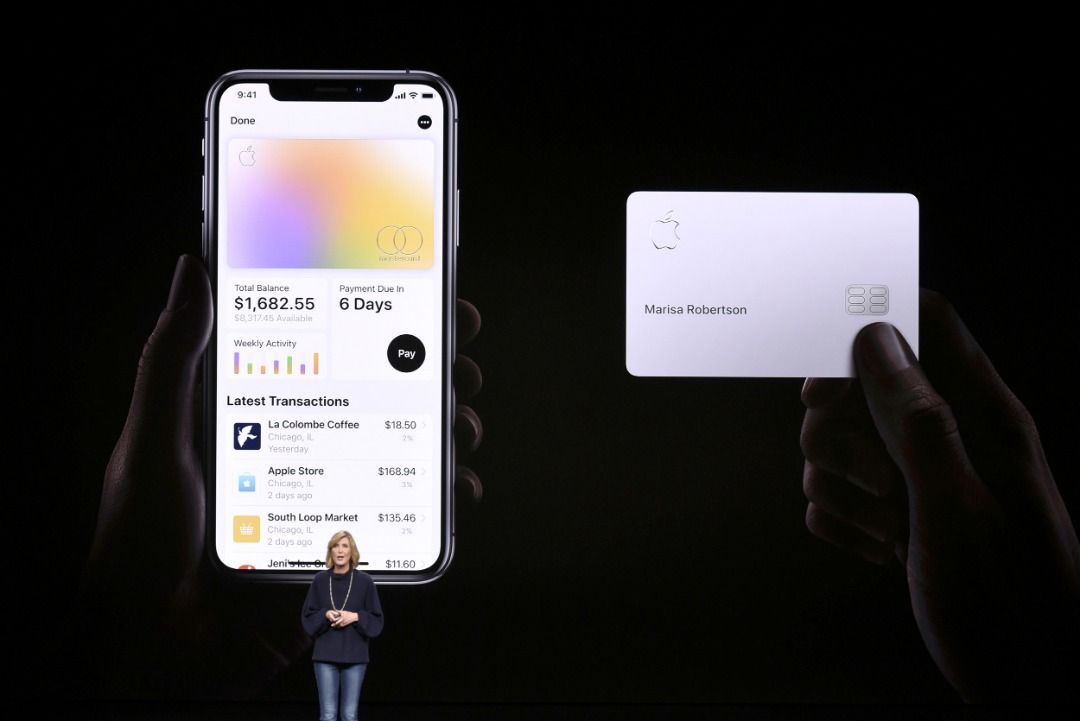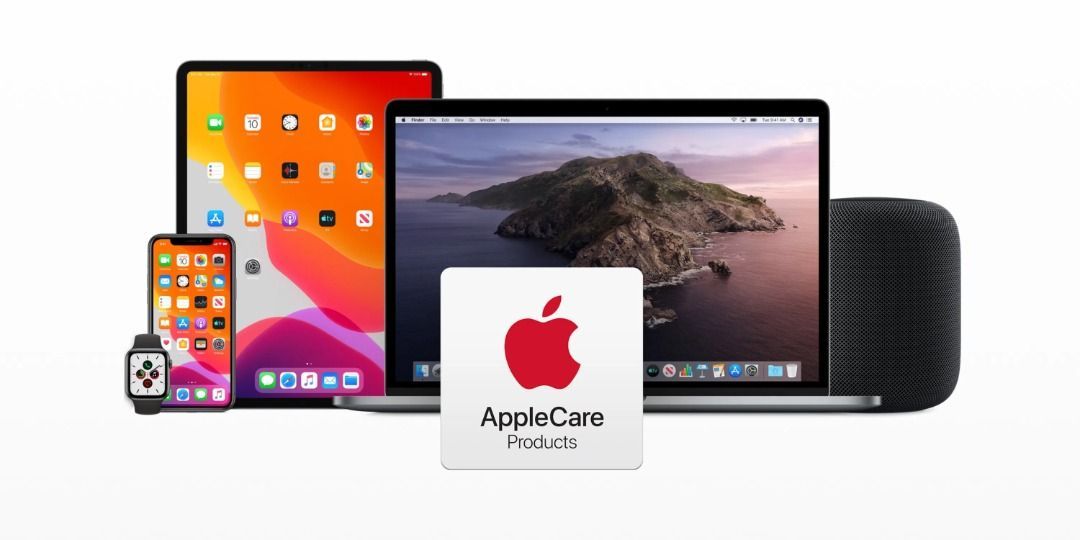What Teju Ajani's appointment means for Apple in Nigeria
Apple has appointed Teju Ajani as the Country Managing Director for Nigeria. In this story, we highlight what this entails for Apple and Nigerians.

Teju Ajani announced on March 9, 2021 that she has resumed at Apple as the Managing Director for Nigeria.
Recall that last year, Apple put out a call for a Country Leader in Nigeria. According to the job opening, the country leader was to oversee sales and the end-to-end business between Apple and its customers at a corporate and field level in Nigeria.
Before joining Apple, Teju had worked at another American tech multinational, Google, for close to nine years. Her most recent role at Google was that of a Country Manager for Android in Nigeria. The early part of Teju's career was spent as a Software Engineer outside the country, precisely in the United States.
Teju's Apple appointment is a win for Women in Tech, as she is the first person to occupy such a role. Interestingly, she announced her new role a day after the International Women's Day celebration. So, great timing.
Zooming out, this appointment is a tell-tale of Apple's interest in the Nigerian market. Particularly, the smartphone market.
Apple has sold over a billion smartphones (iPhones), yet they account for less than 10% of the smartphone market in Nigeria. Emerging economies in Africa have been touted as the next growth frontier (AKA Next Billion Users). So, it makes sense that they will accelerate their work on the continent, starting with a key hire in the biggest country in Africa.
What is it about the Nigerian smartphone market?
The Nigerian Smartphone Market
The Nigerian phone market is a very enticing one. According to a January 2021 Digital report by We Are Social, there are 187.9 million mobile connections in Nigeria, representing about 90% of Nigeria's population.
Likewise, the smartphone market has continued to grow, even in the pandemic. As at the third quarter of 2020, Nigeria received almost 3 million units of smartphones, boasting a 13.7% growth from the previous quarter (Q2).
Unsurprisingly, Transsion brands—Tecno, Infinix, and Itel—dominated the smartphone shipments, accounting for 76.4% of the shipments. A February 2021 tracker revealed that Transsion's suite of phones account for 54% of the market share. While Apple accounted for only 7.63% of the Mobile Vendor Market Share in Nigeria.
Source: StatCounter Global Stats - Device Vendor Market Share

This disparity in market share is based on affordability of Apple phones to those in the Nigerian market. The company’s latest flagship phones, iPhone 12 Pro and iPhone 12 Pro Max sells for about $999 (₦479,520) and $1099 (₦527,520), respectively. In Naira, those prices are more than the average salary of middle-class income earners in the country. In addition, credit and device financing is not as accessible in Nigeria, as it is in developed economies like the US and UK.
Taken together, Nigeria is an emerging economy with a low per capita income. So, it is understandable why Apple did not pay this much attention to Nigeria, at the beginning.
With Teju’s appointment, it is clear that the big tech company wants to play in the Nigerian smartphone market. This begs the question "why now?", considering the Nigerian economy has not gotten better?
Perhaps, Apple wants to take a chance on Nigeria as it did with India in 2018. The tech giant’s market share in India before 2018 was less than 3%. Apple launched an online store in India to gain a fair share of the market. They leveraged the store to offer Indians multiple incentives, ranging from financing and upgrade options to AppleCare+ and other sales perks.
These incentives boosted their market share to 4% as they recorded over 3.2 million shipments of iPhones, about 60% year-on-year in 2020. Reports have it that Q4 2020 is Apple’s best quarter in India.
If Apple could achieve such growth in India with an online store, then sales might triple with a physical store. This growth is what we expect to come with Teju Ajani as Apple’s Country Manager in Nigeria.
An Apple physical or online store might be on its way to Nigeria. Whichever way, we expect Apple's business to grow significantly in the country.
What do Nigerians get if Apple sets up in Nigeria?
Two major things will happen if Apple expands to Nigeria: Improved purchasing experience and trusted repairs.
Improved purchasing experience
Most Nigerians purchase their iPhones and other Apple products at the naira-equivalent of the international pricing which ends up being more expensive because of the black market rates. Plus, their purchase does not come with an upgrade option or other sales perks from Apple.
This pricing difference affects the grade of iPhones purchased in Nigeria, as most Apple users choose the UK-used iPhones over the brand new ones to save cost.
However, should Apple set up a store in Nigeria, it will give Nigerians access to the sales perks that come from purchasing an Apple product. At the same time, it will help deepen Apple's reach within the country, as the store validates and helps the company build trust among residents.
For instance, in India, Apple boosted its sales by offering them exciting sales perks like a free pair of Airpods for a new iPhone 11 purchase. Similarly, in the US, where Apple dominates the market, customers are offered lots of purchase incentives like:
- Special Carrier Offers: Apple has a partnership with some telecom companies that allow people using that network to enjoy long-form payment of up to 24 months on any iPhone purchased.

- Apple Card Monthly Installments: This allows Apple Card users to purchase new phones at a zero-interest monthly installment payment. Also, the user will receive the 3% cashback of the purchase up front.

- Apple iPhone Payments: This is a zero-interest loan from Apple that allows eligible persons to purchase a new iPhone without paying upfront. Eligible persons will enjoy a two-year loan on an iPhone with a carrier plan through Apple's financial collaborator, Citizen One.
- Apple iPhone Upgrade Program: This program allows users to upgrade to a new iPhone, like the iPhone 12 for 24 payments (2 years). Users are eligible for new iPhone models once they complete 12 payments.
Teju’s appointment might mean that some of these incentives, if not all, will be in the works for Nigerians.
Trusted repairs
Fixing an iPhone is a gamble in Nigeria because Apple does not have a Nigerian support center, so most spare parts found in Nigeria are substandard. Although Apple has authorized service providers in Nigeria, they cannot effect repairs covered under warranty. Only Apple-certified technicians can perform such repairs.

Most iPhones and Apple products come with AppleCare--- a one-year limited warranty and up to 90 days of complimentary technical hardware and software support. When an iPhone user encounters system damage that affects his/her Apple gadget, Apple requires that they return it for a discounted repair or an exchange.
As interesting as AppleCare sounds, Nigerians cannot access it due to Apple’s unavailability in the country. Another factor is the cost of shipping the gadget back to where Apple has a presence and the delay that comes with it.
All these hassles will disappear if and when Apple launches an official store in Nigeria. Users in the country will get to enjoy quality repairs and also access AppleCare.
Apart from being a big win for African women in tech, Teju Ajani’s appointment might be the role that connects Nigerians to lucrative Apple perks while propelling Apple to become a top contender for Android's market share in Nigeria.






